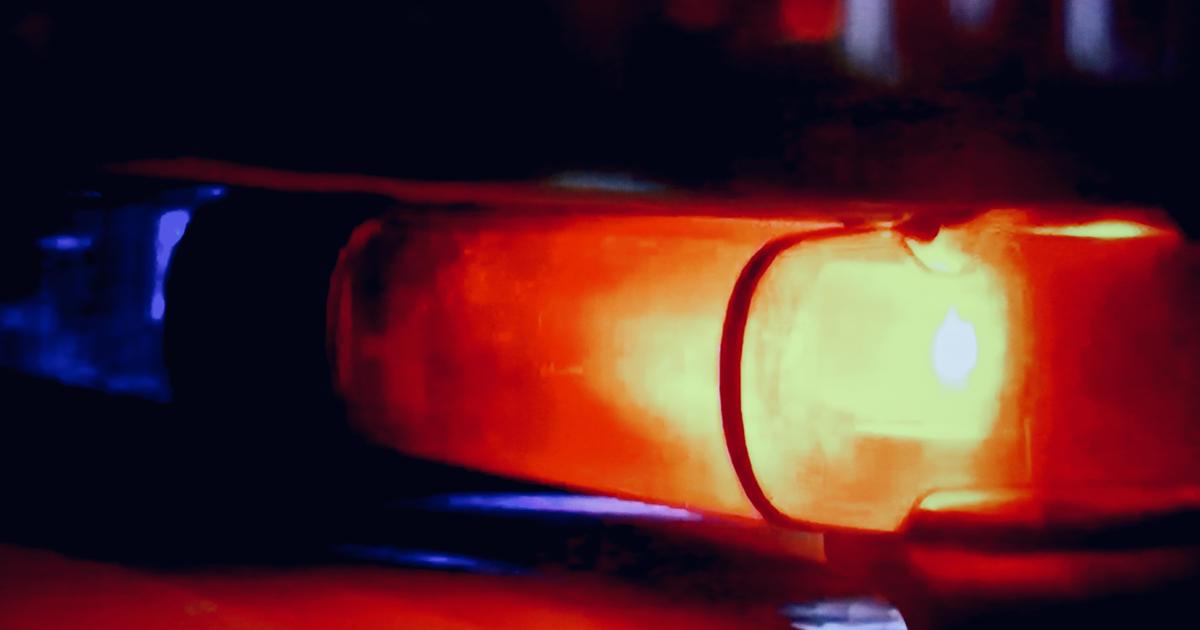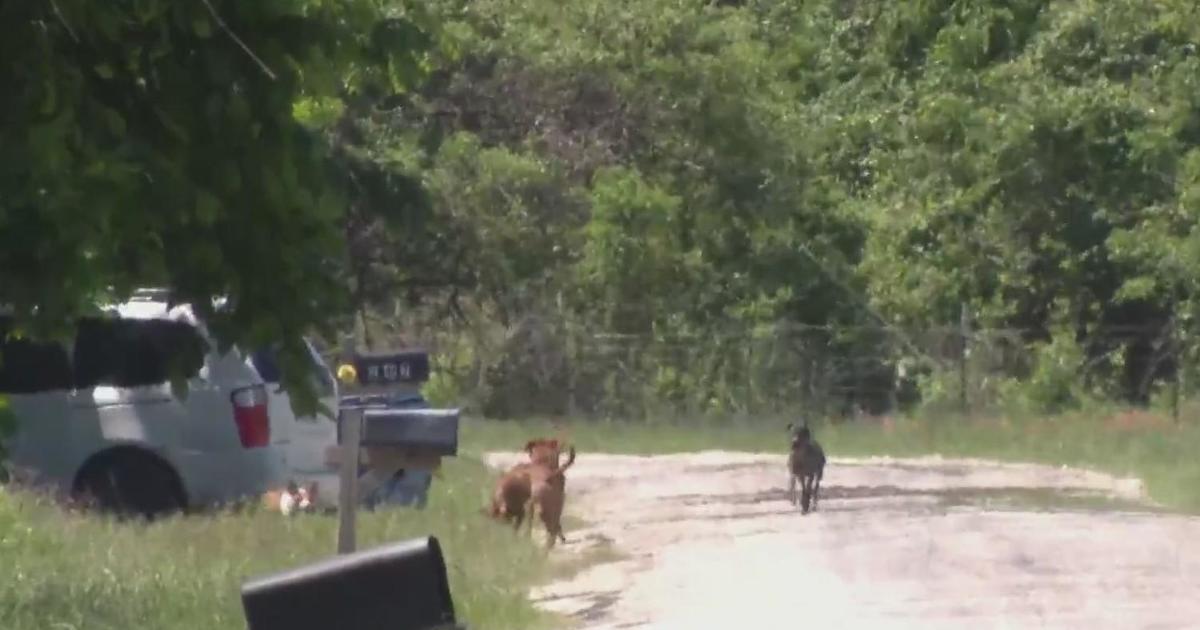Rise In Anti-Semitic Attacks Alarms North Texas Jewish Community, Builds Resolve To Eradicate Hate Through Education
DALLAS (CBSDFW.COM) - The two deadly shootings at U.S. synagogues and other recent anti-Semitic incidents have unsettled and alarmed the Jewish community nationwide and in North Texas.
The violent acts come as the Anti-Defamation League, or ADL, recently announced the number of anti-Semitic acts nationwide were near record levels last year.
Eleven people were killed during the massacre at the Tree of Life Synagogue in Pittsburgh last year.
A woman was killed at the Chabad of Poway Synagogue near San Diego last month.
Aside from these violent acts, there have been other highly publicized displays:
The New York Times published an anti-Semitic cartoon in its international edition.
U.S. Rep. Ilhan Omar (D-Minnesota) made anti-Semitic tweets about Israel and supporters.
During a Yahoo! podcast, U.S. Rep. Rashida Tlaib (D-Michigan) distorted the history of the Holocaust.
Some believe the neo-Nazi rally in Charlottesville, Virginia in August of 2017, emboldened extremists and led to the recent increase in anti-Semitism.
While President Trump condemned neo-Nazis, he was criticized after he said some of the people at the rally were not extremists but very fine people who wanted to protest the removal of a Robert E. Lee statue.
Among those unnerved about the events during the past two years is 91 year old Max Glauben, a Holocaust survivor who lives in Dallas. "Look at what is happening right now. The permissiveness of not saying anything or doing anything."
Now is the time he said to speak out. "It is more important than ever."
After six million Jews were murdered during the Holocaust, Jews have pledged never to forget.
During the past 40 years, Glauben has been on a personal mission to fulfill that pledge by sharing his story of survival and fighting anti-Semitism through education.
He regularly meets with students and others at the Dallas Holocaust Museum.
A new, expanded museum that will not only focus on the Holocaust but also human rights and genocide is set to open in September in downtown Dallas.
Glauben said, "Anti-Semitism and other politically created situations, to not like somebody are like cancer and cannot be cured with a pill. This is why we have built this beautiful museum that is not only going to be for the Holocaust, but also for all humanity."
The ADL says last year, there were 1,879 anti-Semitic incidents nationwide.
That's slightly lower than 1,986 incidents in 2017 but is the third-highest since the ADL starting publishing the statistics in 1979.
Of the 1,879 cases of anti-Semitic harassment, vandalism and assaults in 2018, 249 were committed by known extremist and hate groups, while 265 were reported at Jewish institutions such as synagogues, community centers and schools.
The organization reports 344 anti-Semitic incidents were recorded at non-Jewish K-12 schools and 201 such incidents at colleges and universities.
In Texas, there were 40 anti-Semitic incidents last year, down from 59 in 2017.
There were nine such incidents in North Texas in 2018, up from five the year before.
Cheryl Drazin, Director of the ADL's North Texas and Oklahoma Region said the state's numbers are a concern. "Forty is absolutely too many."
Drazin attributed the North Texas incidents to extremist groups. "That could be fliering on college campuses by white supremacists for asking that Jews be removed. It could be social media posts about professionals saying they should not be used because of their Jewish heritage."
She blamed social media for spreading anti-Semitism. "I think we definitely have seen an increase in the ability of people to communicate hate. Technology has been a tremendous, tremendous force in being able to spread hate in a way we couldn't do even five years ago."
Like Glauben, Drazin agreed education is an effective way to combat hate. "We have to offer community education so that families know how to talk about what's going on in the news and so that children get the idea of what's going on is not acceptable."
Glauben and other survivors founded the Dallas Holocaust Museum in 1984.
Its current President and CEO, Mary Pat Higgins said their primary message is to promote upstander behavior. "We all need to stand up to it every time we witness it in our daily lives."
Higgins said if hatred goes unchecked, it will only grow worse. "We teach the history of what happens when people don't stand up to prejudice and hatred. But we also highlight upstander behavior. Our hope is that when visitors come through our museum, they will understand that ordinary people can make a difference, and that ordinary people throughout time have made a huge difference."
Glauben believes he has made a difference one student at a time.
He showed a letter he recently received from a youngster who saw him speak. "I changed somebody's attitude and mind, and they appreciated it."
Glauben said at home, he had drawers filled with such letters of appreciation.
His family photos are featured in the museum, part of his life story he shares with those who come. "I lived under anti-Semitism ever since I can remember. I was ten years old. I was placed in a ghetto, then I was sent to a death camp, my family was killed."
Glauben lost his family in the concentration camps in Poland, under Nazi rule and became an orphan.
He had been sent to and from five concentration camps: Majdanek, Budzyn, Mielec, Wieliczka, and Flossenburg.
In 1945, he and other Jews were liberated.
He was 17 at the time, and made it to the U.S. two years later.
After arriving here, Glauben said he gladly served five years in the military because he appreciated his newfound freedom.
He is aware of the dangers people face when those who spread hate go unchallenged. "They are taking their rights that they have living in this country away, the same way as they took them away from us when we lived overseas in Poland."
Glauben said the shootings and anti-Semitic incidents make him want to re-double his efforts. "This makes us stronger to resist what they're doing and makes us stronger in trying to eradicate, not through violence, but through peace and education."



